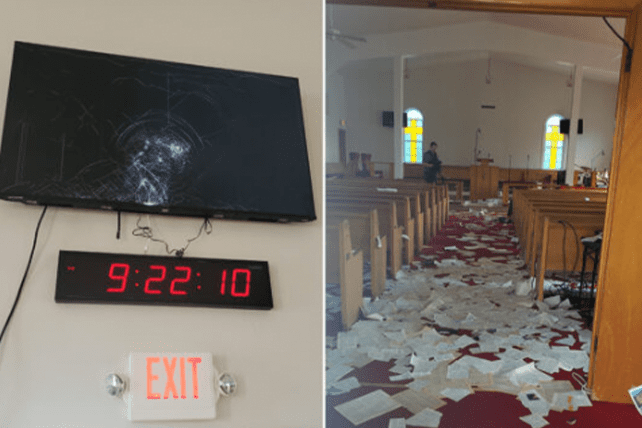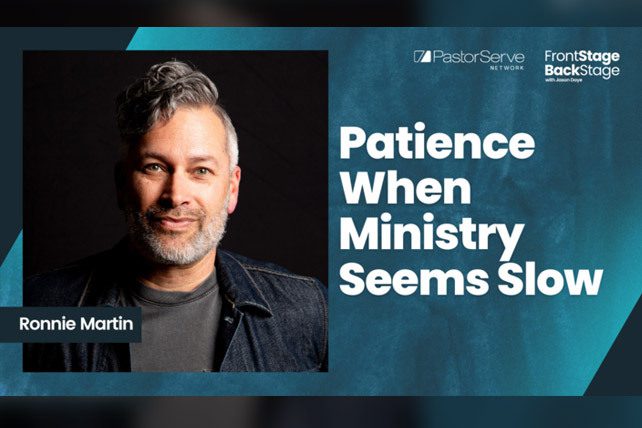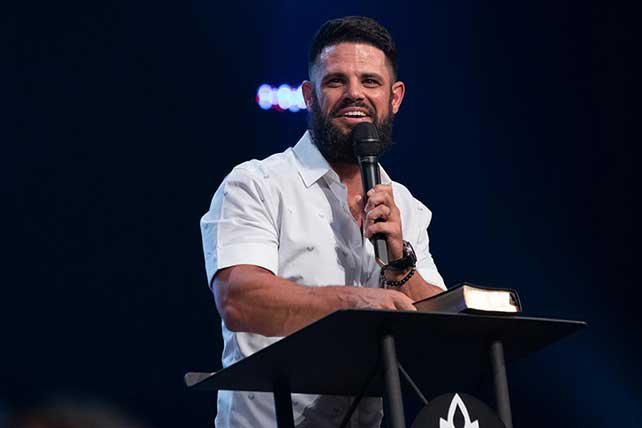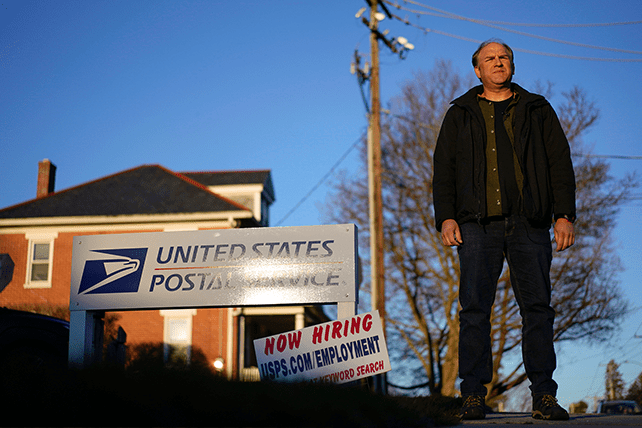Controversial Arizona pastor Mark Driscoll claims that his new book, “New Days, Old Demons: Ancient Paganism Masquerading as Progressive Christianity,” has been flagged and removed from Amazon for offensive content.
“NEW DAYS, OLD DEMONS got me suspended from Amazon for ‘offensive content,’ yet these vile products are alive and well on the platform,” Driscoll tweeted on Sunday (July 2) alongside images of a “Transgender Affirmation” coloring book for children and other pornographically-themed material.
Driscoll added, “Like in the days of Elijah, they are trying to silence the word of God and faithful Bible teachers. New days, old demons, like I state in the book.”
“‘New Days, Old Demons’ is a prophetic study of sex, gender, woke politics, and how progressive Christianity is just a rebranding of ancient paganism,” the book’s description reads. “The same demons that were active in the days of Elijah are active today castrating the men, mutilating the children, closing the churches, and silencing the Bible teachers.”
RELATED: Billboards Tout Mark Driscoll’s ‘Real Romance’ Sermon Series—And Book
The description notes that the book is self-published, as “nobody else would” publish it, “because it’s a prophetic message for pathetic times.” Driscoll also refers to the book as “Revelation meets a death metal band in a cage fight on Halloween.”
The content of the book is based on a sermon series of the same title that Driscoll delivered earlier this year.
In promoting that series, Driscoll said it was “the most controversial, the most timely, the most prophetic sermon series I’ve ever done in my entire life.” He later added that the most pressing issue in the church today is “apostasy—we can call it wokeness—the worship of God being commingled with gender confusion and transgenderism and sexuality.”
Arguing that wokeness “literally castrates men,” Driscoll said, “This is where you take Bible belief and demonic, cultural sexuality, politics, apostasy and you combine it together.”
“It’s the same thing that’s happening right now in the church with the woke-joke-folk, the rainbow flag churches, the denominations getting so overtly ungodly and anti-Bible that it causes you to shudder,” Driscoll continued. “You can’t even say, ‘Good day, men and women or boys and girls at Disney.’”
In another conversation about the life and ministry of Elijah, Driscoll compared Vice President Kamala Harris to the biblical figure Jezebel, referring to her as “a domineering, high-controlling woman who slept her way to the top.”




















 As pastors and ministry leaders, how do we respond when our ministry is moving more slowly than we anticipated? In this week’s conversation on FrontStage BackStage, host Jason Daye is joined by Ronnie Martin. Ronnie is the founder and lead pastor of Substance Church in Ashland, Ohio. He also serves as the Director of Leader Renewal for the Harbor Network and has written a number of books, including his latest, “Pastoring Small Towns.” Together, Ronnie and Jason look at how we can be at peace with the pace that our ministry is developing in our local churches. Ronnie also shares the beauty that we experience when we refuse to overextend ourselves and, instead, slow down and journey alongside our people.
As pastors and ministry leaders, how do we respond when our ministry is moving more slowly than we anticipated? In this week’s conversation on FrontStage BackStage, host Jason Daye is joined by Ronnie Martin. Ronnie is the founder and lead pastor of Substance Church in Ashland, Ohio. He also serves as the Director of Leader Renewal for the Harbor Network and has written a number of books, including his latest, “Pastoring Small Towns.” Together, Ronnie and Jason look at how we can be at peace with the pace that our ministry is developing in our local churches. Ronnie also shares the beauty that we experience when we refuse to overextend ourselves and, instead, slow down and journey alongside our people.










